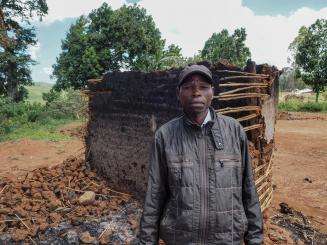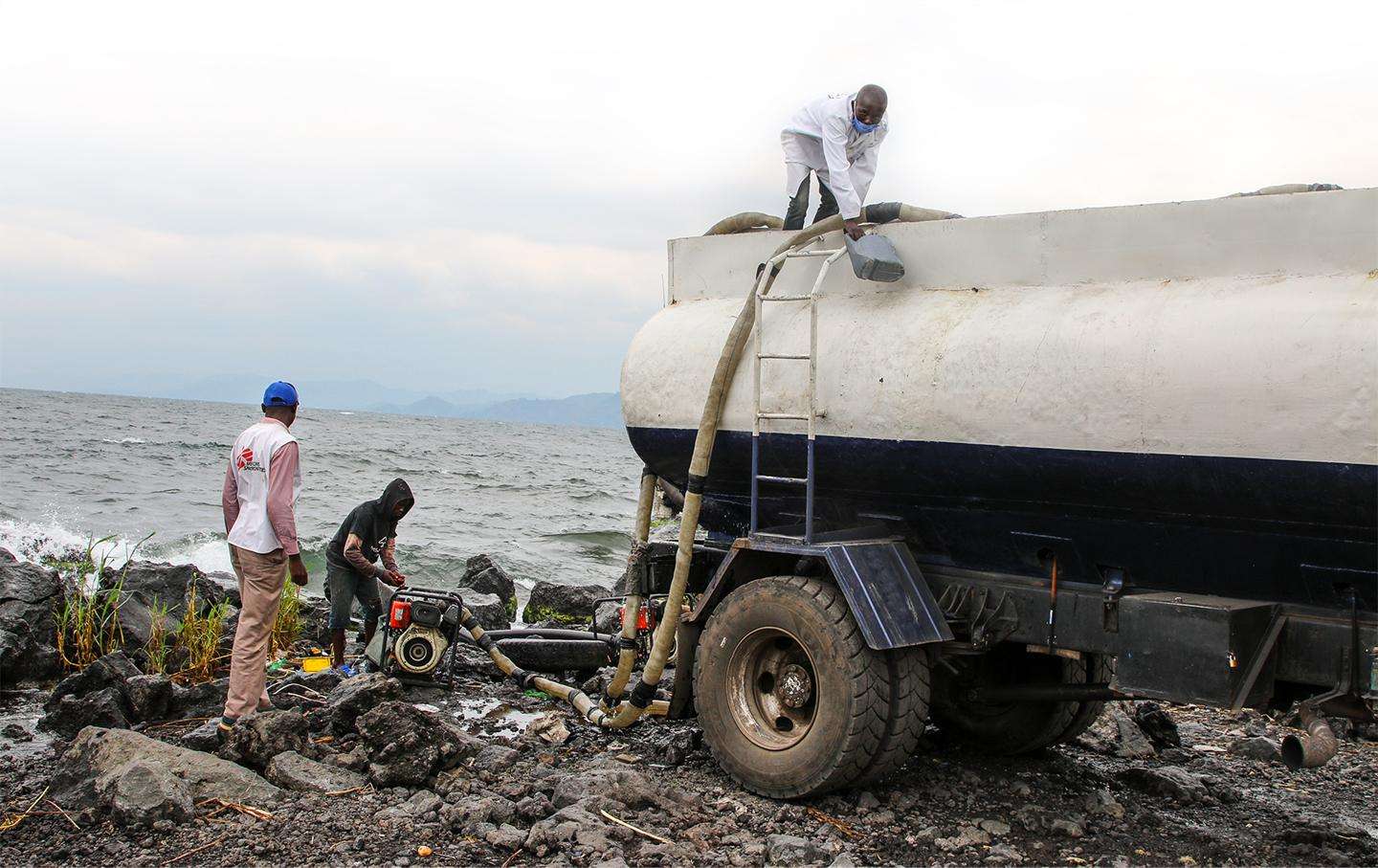Lebanon: MSF responds to humanitarian needs amid military escalation
story Sep 24, 2024
Get the latest news, stories, videos, and more from our medical humanitarian projects around the world.

story Sep 24, 2024
Speaking out about the emergencies our staff and patients witness is part of who we are. Explore our history and principles.
News | Jun 05, 2020


Your unrestricted gifts enable us to provide lifesaving medical humanitarian care on the ground and speak out about what we see.